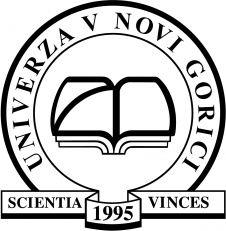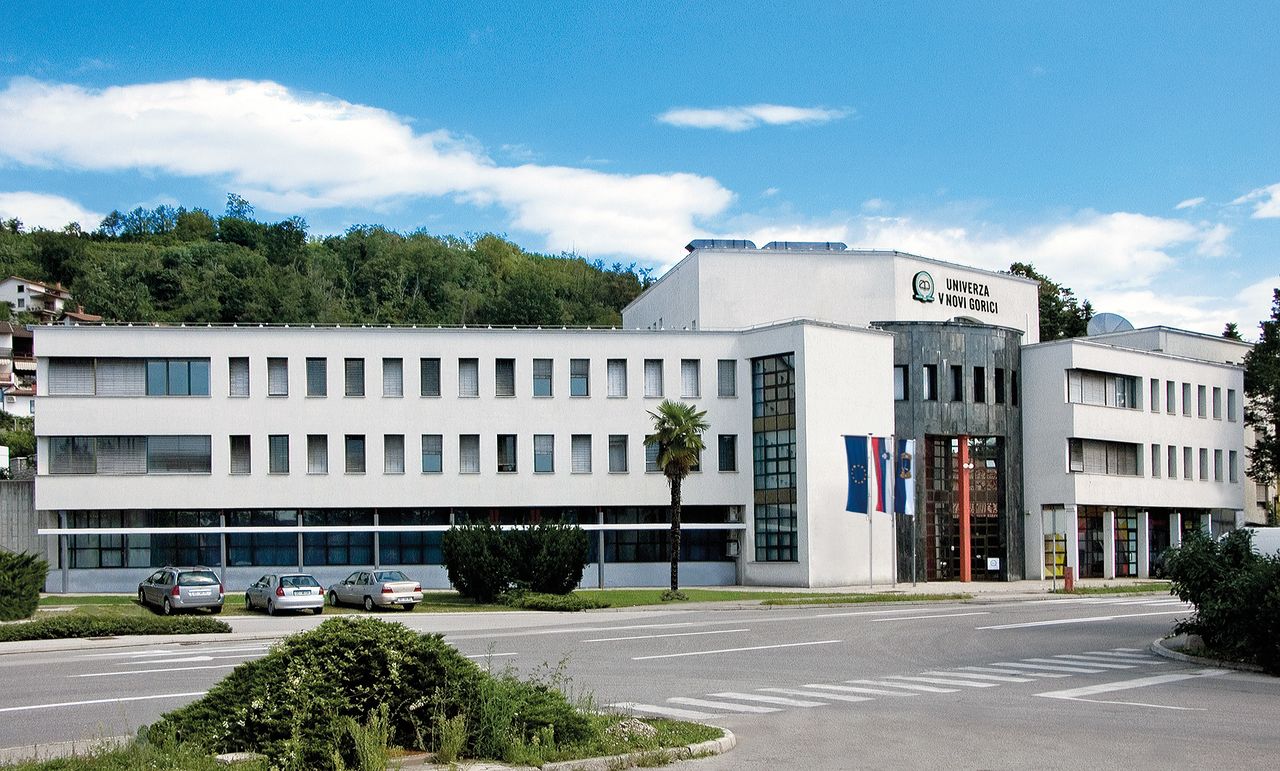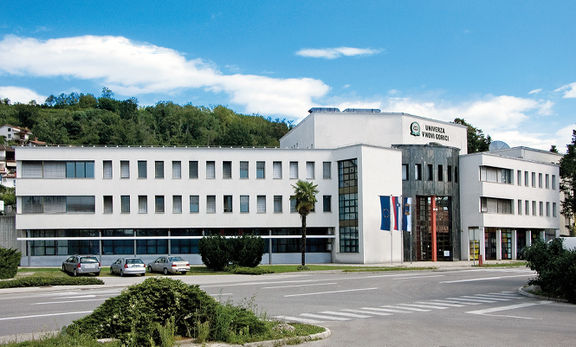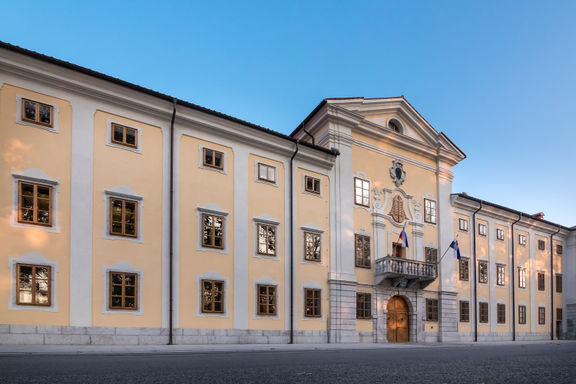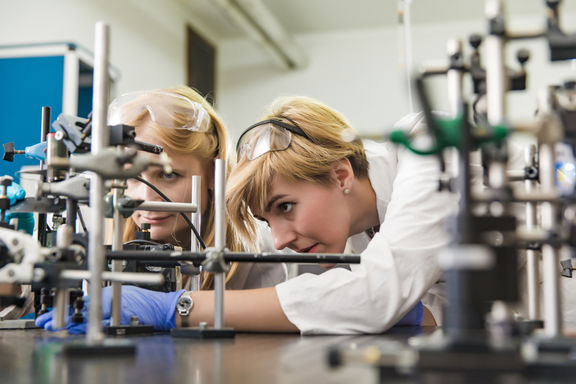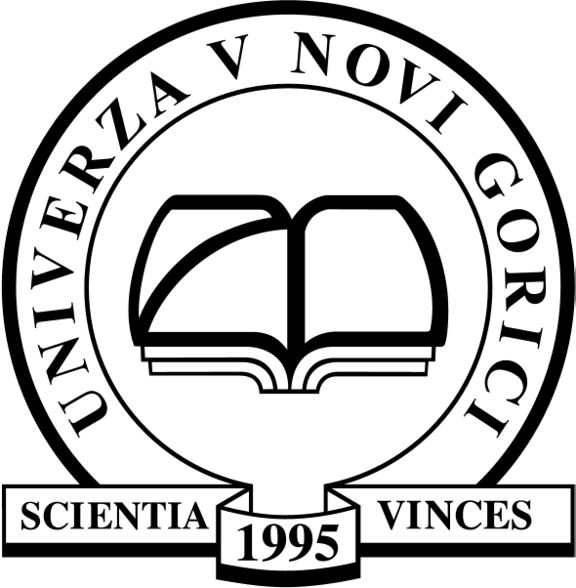Difference between revisions of "University of Nova Gorica"
(mwtool_article) |
|||
| (9 intermediate revisions by 5 users not shown) | |||
| Line 1: | Line 1: | ||
{{Article | {{Article | ||
| − | | status = | + | | status = PHOTO |
| maintainer = Anže Zorman | | maintainer = Anže Zorman | ||
}} | }} | ||
| Line 11: | Line 11: | ||
| town = SI-5000 Nova Gorica | | town = SI-5000 Nova Gorica | ||
| mailing address = P O Box 301, SI-5000 Nova Gorica, Slovenia | | mailing address = P O Box 301, SI-5000 Nova Gorica, Slovenia | ||
| − | | telephone = 386 (0) 5 | + | | telephone = 386 (0) 5 6205 820 |
| − | | fax = | + | | fax = |
| email = info@ung.si | | email = info@ung.si | ||
| website = http://www.ung.si/ | | website = http://www.ung.si/ | ||
| Line 18: | Line 18: | ||
| name = Danilo Zavrtanik | | name = Danilo Zavrtanik | ||
| role = Rector | | role = Rector | ||
| − | | email = | + | | email = |
| − | |||
| − | |||
| − | |||
| − | |||
}} | }} | ||
{{Contact | {{Contact | ||
| name = Andreja Leban | | name = Andreja Leban | ||
| role = Public Relations | | role = Public Relations | ||
| − | | telephone = 386 (0) 5 | + | | telephone = 386 (0) 5 6205 827 |
| − | | fax = | + | | fax = |
| email = andreja.leban@ung.si | | email = andreja.leban@ung.si | ||
| − | |||
| − | |||
| − | |||
| − | |||
| − | |||
| − | |||
| − | |||
}} | }} | ||
| accounts = | | accounts = | ||
https://www.facebook.com/univerza.v.novi.gorici | https://www.facebook.com/univerza.v.novi.gorici | ||
http://www.youtube.com/user/universityng | http://www.youtube.com/user/universityng | ||
| + | https://www.instagram.com/univerza.v.novi.gorici/ | ||
}} | }} | ||
{{Teaser| | {{Teaser| | ||
| − | {{image|University of Nova Gorica 2012.jpg}} | + | {{wide image|University of Nova Gorica 2012.jpg}} |
| − | The [[University of Nova Gorica]], the fourth university to be founded in Slovenia, was established in | + | The [[University of Nova Gorica]], the fourth university to be founded in Slovenia, was established in 2006 on the foundations of the former Nova Gorica Polytechnic. The latter grew out of the School of Environmental Sciences, the first international graduate school in Slovenia, which was founded in 1995 by the [[Municipality of Nova Gorica]] and the [[Jožef Stefan Institute]] in Ljubljana. |
}} | }} | ||
| − | Undergraduate programmes at the University of Nova Gorica are | + | Undergraduate programmes at the University of Nova Gorica are carried out by six schools: the School for Viticulture and Enology; the School of Engineering and Management; the [[Arts Academy of the University of Nova Gorica|School of Arts]]; the School of Environmental Sciences; the School of Sciences; and the [[School of Humanities, University of Nova Gorica|School of Humanities]]. The [[Graduate School, University of Nova Gorica|graduate school]] offers doctoral study programmes in the fields of Cultural Heritage, Environmental Sciences; Humanities, Cognitive Science of Language; Karstology; Physics; Materials; and Molecular Genetics and Biotechnology. |
| − | The university's various laboratories | + | The university's various laboratories and [[Research Centre for Humanities|centres]] are hubs of lively research activity. |
== International cooperation == | == International cooperation == | ||
| − | |||
| − | + | The University of Nova Gorica has been very internationally oriented since its founding. As such, the university employs a high percentage of foreign experts and hosts international students from all over the world, with the percentage of international students being slightly over 50 per cent in the 2019/20 academic year. The university offers numerous possibilities of international cooperation and mobility programmes to its students and staff members. At present, it is an active member of Erasmus+, CEEPUS, Erasmus Mundus and has numerous bilateral agreements with universities abroad. Moreover, the university also offers study programmes with the opportunity of a double diploma with renowned universities abroad (Cultural Heritage, 3rd level; Slovene Studies – orientation Linguistics, 2nd level; Environmental Sciences, 1st level), and one international joint study programme – the [[European Master in Migration and Intercultural Relations (EMMIR)]]. | |
| + | |||
| + | The university's research activities also have a significant international character, as the university cooperates with many foreign research institutions and scientific collaborations. | ||
| + | |||
| + | The university is also the co-founder of the Primorska Technology Park in Šempeter pri Gorici and the University of Nova Gorica Foundation. | ||
| − | |||
== See also == | == See also == | ||
* [[Graduate School, University of Nova Gorica]] | * [[Graduate School, University of Nova Gorica]] | ||
| + | * [[School of Humanities, University of Nova Gorica|School of Humanities]] | ||
| + | * [[Arts Academy of the University of Nova Gorica|School of Arts]] | ||
* [[European Master in Migration and Intercultural Relations (EMMIR)]] | * [[European Master in Migration and Intercultural Relations (EMMIR)]] | ||
| − | * [[ | + | * [[Research Centre for Humanities]] |
| − | |||
* [[University of Nova Gorica Library]] | * [[University of Nova Gorica Library]] | ||
| − | |||
| − | ==External | + | ==External links== |
* [http://www.ung.si/en/ University of Nova Gorica website] | * [http://www.ung.si/en/ University of Nova Gorica website] | ||
| + | * [http://www.ung.si/en/research/ University of Nova Gorica Research Units] | ||
* [http://www.primorski-tp.si/en Primorska Technology Park website] | * [http://www.primorski-tp.si/en Primorska Technology Park website] | ||
| − | * [ | + | * [https://fung.si/en/ University of Nova Gorica Foundation] |
| − | |||
{{gallery}} | {{gallery}} | ||
| Line 83: | Line 75: | ||
[[Category:EU Creative Europe, Culture funding recipient]] | [[Category:EU Creative Europe, Culture funding recipient]] | ||
[[Category:EU funding of Slovene organisations (Culture and MEDIA Programmes)]] | [[Category:EU funding of Slovene organisations (Culture and MEDIA Programmes)]] | ||
| + | |||
| + | [[Category:Updated 2020]] | ||
| + | [[Category:Education_and_research]] | ||
| + | [[Category:Education_and_Research]] | ||
Latest revision as of 01:46, 19 February 2021
Undergraduate programmes at the University of Nova Gorica are carried out by six schools: the School for Viticulture and Enology; the School of Engineering and Management; the School of Arts; the School of Environmental Sciences; the School of Sciences; and the School of Humanities. The graduate school offers doctoral study programmes in the fields of Cultural Heritage, Environmental Sciences; Humanities, Cognitive Science of Language; Karstology; Physics; Materials; and Molecular Genetics and Biotechnology.
The university's various laboratories and centres are hubs of lively research activity.
International cooperation
The University of Nova Gorica has been very internationally oriented since its founding. As such, the university employs a high percentage of foreign experts and hosts international students from all over the world, with the percentage of international students being slightly over 50 per cent in the 2019/20 academic year. The university offers numerous possibilities of international cooperation and mobility programmes to its students and staff members. At present, it is an active member of Erasmus+, CEEPUS, Erasmus Mundus and has numerous bilateral agreements with universities abroad. Moreover, the university also offers study programmes with the opportunity of a double diploma with renowned universities abroad (Cultural Heritage, 3rd level; Slovene Studies – orientation Linguistics, 2nd level; Environmental Sciences, 1st level), and one international joint study programme – the European Master in Migration and Intercultural Relations (EMMIR).
The university's research activities also have a significant international character, as the university cooperates with many foreign research institutions and scientific collaborations.
The university is also the co-founder of the Primorska Technology Park in Šempeter pri Gorici and the University of Nova Gorica Foundation.
See also
- Graduate School, University of Nova Gorica
- School of Humanities
- School of Arts
- European Master in Migration and Intercultural Relations (EMMIR)
- Research Centre for Humanities
- University of Nova Gorica Library
External links
- University of Nova Gorica website
- University of Nova Gorica Research Units
- Primorska Technology Park website
- University of Nova Gorica Foundation



